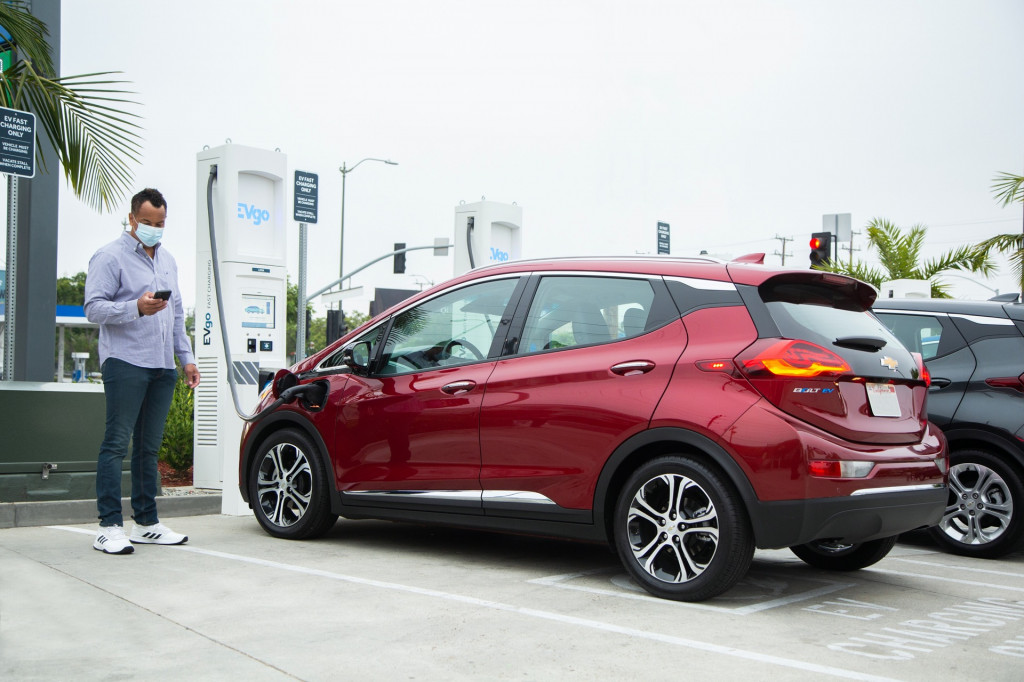Virginia is the latest state to adopt California's emissions standards, creating more aggressive fuel-efficiency targets for vehicles sold in the state. A "Clean Car Standards" bill was recently approved by the state legislature, and is awaiting the governor's signature.
However, Virginia hasn't adopted a California-style zero-emission vehicle (ZEV) mandate, which would require high-volume automakers to sell those vehicles.
The legislation should encourage sales of electric cars, however. Automakers tend to concentrate inventories in states that follow California's emissions standards, whether they have adopted a ZEV mandate or not. And if the federal government hasn't yet adopted EV policies of its own, it would pave the way for Virginia to sign onto the EV mandate
"Virginia's drivers want cleaner cars, and this forward-thinking program ensures that it will be easier for them to buy the latest and greatest electric vehicles as they hit the market," David Friedman, vice president of advocacy at Consumer Reports, said in a statement.
GM and EVgo expand major-metro fast charging
CR has long advocated for electric cars because of their potential cost savings, but the Virginia Auto Dealers Association also supports the new legislation, despite opposing a similar measure in 2020, according to the Virginia Mercury.
Virginia joins New York, Massachusetts, Vermont, Maine, Pennsylvania, Connecticut, Rhode Island, Washington, Oregon, New Jersey, Maryland, Delaware, and Colorado in adopting California's standards. Nevada is also considering them as of June 2020. Most of these same states allied against the proposed freeze—and eventual weakening—of fuel economy standards laid out by the Trump administration.
Virginia's legislation calls for it to enact stricter emissions standards between 2023 and 2025, according to the Virginia Mercury. While a ZEV mandate isn't on the table yet, this puts Virginia on the path toward it.
Colorado started its shift toward California emissions standards in 2018, and adopted a ZEV mandate in 2019. Similarly, Washington started adopting the stricter standards in 2019, and added a ZEV mandate in 2020.












